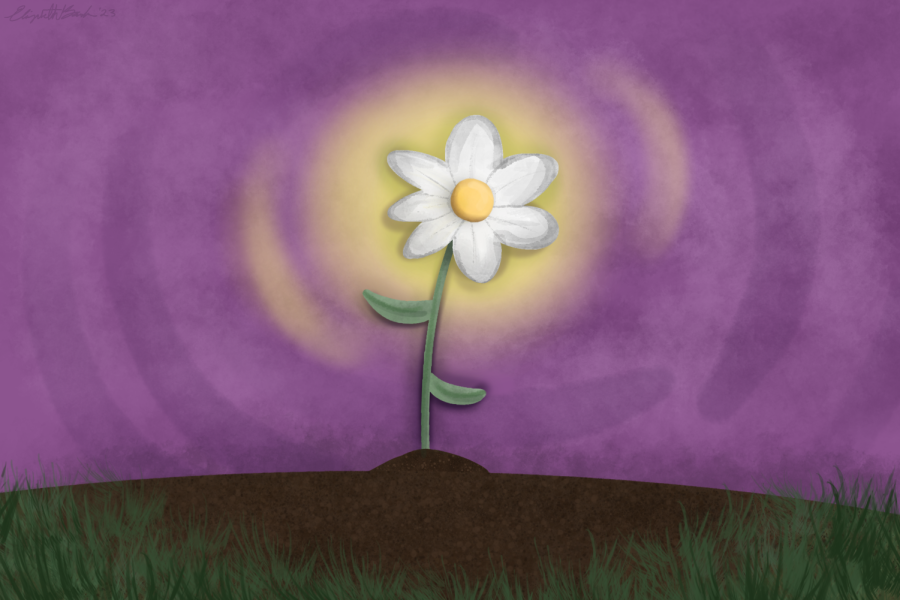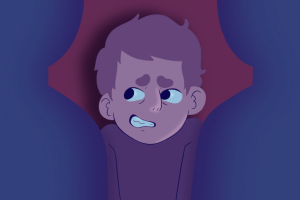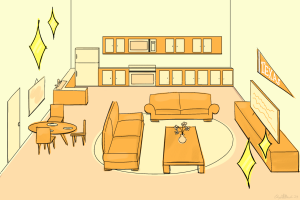Life in light of death
March 26, 2023
When students suddenly appeared in class with strange signs painted on their foreheads, some may have questioned an impending alien invasion. However, these very individuals chose to bear an ashen cross on their forehead to remind themselves of their weakness and mortality.
Ash Wednesday marks the beginning of Lent — a forty-day period of fasting. This religious observance also includes a service in remembrance of Jesus Christ’s death on Good Friday and ends with Easter.
Anxieties about grades, internships and friendships can seem all-encompassing, but remembering life’s fleetingness can alleviate the immense pressures students place on themselves. Regardless of a student’s religious orientation, realizing the brevity of life can help order their priorities.
Chemistry junior Ben Gutierrez explained that fasting during Lent shows him the insufficiencies of earthly life.
Gutierrez, the social coordinator for the University Catholic Center, said that students like himself unsuccessfully seek happiness in temporal activities. This includes alcohol, food, sex and even relationships.
“If I put myself in a state of being hungry, it reminds me that no matter how much I need food, it’s never going to fill me forever,” Gutierrez said. “And there’s a part of me that can never be filled with anything of this world. It’s an infinitely sized hole in my heart.”
Since Guitierrez believes only God can satisfy him, he doesn’t need people or material goods as substitutes. Consequently, Guitierrez can love friends even when their presence does not yield pleasure. Additionally, Lent’s practices of moderation and temperance release Gutierrez from reliance on food and drink.
Practicing Lent acknowledges physical and mental frailty. By denying pleasures, students can realize how often they depend on material objects. Understanding these weaknesses reveals how little humans actually control — and how much they seek sovereignty.
“Our life here is very short,” Gutierrez said.“If we spend our life trying to control everything, trying to be like God, we won’t find happiness because that’s not what we’re made for.”
Even outside the religious sphere, reflecting about death allows people to choose the few things in which they wish to really invest their care and effort.
English and advertising junior Piper Ogletree recounted a shocking incident that forced her to reorder her life. A car’s sudden swerve left her blue prius upside-down in the middle lane. Upon being rescued, a dazed Ogletree asked to stop and get iced coffee on her way home. From there, she walked across the street and immediately quit her job.
“It was the worst job ever,” Ogletree said. “The manager was super misogynistic, the culture was really cliquey, and customers were mean (…) I stuck with it, even though I hated it, for 11 months. (The accident) pushed me into a primal brain space of ‘I’m quitting this job.’”
The shock of nearly losing everything showed Ogletree what was worth keeping. She encourages students to remember that death is spontaneous, so they should appreciate the good in each day and release what they cannot control.
Instead of looking ahead — daunted by the stack of to-dos and unknowns piled before you — momentarily picture yourself looking back from the point of death. You may be surrounded by grandchildren, standing before “the pearly gates” or struck by a sudden disaster. Imagine what you will remember once you’re there — people, adventures, laughter. Then, live your life in a way that creates those memories.
Tompkins is a Plan II and English freshman from Dallas, Texas.
















